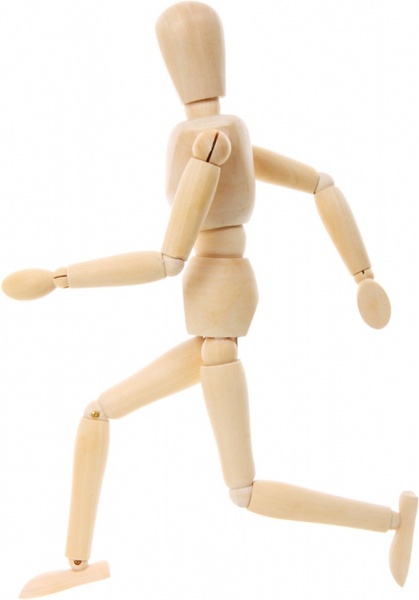Emotional eating is a huge topic and if you’re reading this it’s probably because it’s something that’s concerned you before or perhaps you know someone else struggling with it. As this is such an important topic I have written a blog post but also recorded a video. They contain the same content. So, if you prefer reading, are on a train or lying in a quiet room, then read away. If you prefer to watch videos then click below. Either way, please feel free to get in touch.
So what is emotional eating? It’s taking away the fact that eating is both for nutrition and for pleasure and replacing it with a desire to suppress our emotions, reward ourselves or comfort ourselves with mindless eating, binge eating or ‘comfort foods’.
Emotional eating is a huge topic and if this is a serious issue I cannot stress enough how important it is to get help with this. There is no shame in therapy, I use it myself for lots of areas of my life. In fact if we all had therapy with a truly helpful soul I’m sure we’d be much closer to world peace! So don’t be afraid to ask for help. If you know what food is good for you (and not good for you) but other things are getting in the way and causing you to eat emotionally it can sabotage all the efforts of your usual clean eating and of your efforts in the gym. It’s also an incredibly liberating feeling to get on top of it. So if food is your ‘go to’ after trauma or a bottle of wine is a must after bad news or a bad day then here are some tips to help you.
1. Switch the kitchen for a walk
Get yourself out of the cupboard or the fridge and just go for a walk. Not only does this remove you from the area of the food but it gets you fresh air, gets you some exercise and also gives you time to think. If when you get back from your walk, you still feel you need food then take yourself to point number 2. If you feel calmer and more in control and find you actually are not hungry then just continue on with your day!
2. Answer these three questions when you find yourself in the kitchen
Question 1. Are you hungry? Question 2. Do you need that food to nourish you? Question 3. Will you regret eating it?
If you are hungry, your body does need it and you won’t regret it then that’s fine. Never ignore the feeling of hunger. That’s your body telling you it needs food. Sit, eat and enjoy. If you’re not hungry, you don’t need it and you will regret it, then walk away and if you can, get out the house and walk it off. If you fancy a treat (we all do) then you should be able to sit and enjoy that cake or chocolate. Have a moment. Enjoy every bite and don’t regret it after. If it’s thrown in your mouth in a binge and you don’t even notice it touch the sides, you’re unlikely to enjoy it and highly likely to regret it. Thus the cycle of emotional eating continues. So any time you find yourself in the kitchen, answer those three questions.
3. Are you nourishing your body?
Is your body getting what it needs? Are you eating enough? Often people binge because they have physical cravings. Are you getting plenty of protein and omega 3 in the day, or are you going long periods without eating and your blood sugar levels are dropping? Your body needs nourishment and good care. Treat it well and it will look after you.
4. Don’t buy crap!
I cannot stress the importance of this enough. Whatever your excuse is – the kids, you’ve always bought it or it was on special offer – if you buy the crap, you’ll most likely eat it. Don’t buy it and you remove one pillar of temptation if you are stressed. If you have a craving for chocolate and there is none and you can be bothered to walk to the shop and get some, then sit, enjoy it and you won’t regret it. If it’s already there, your chances of mindless and empty eating are much higher.
5. Get help if you need it
EFT (Emotional Freedom Technique), hypnotherapy, nutritional therapy and lots of other types of therapy can help people manage and work through emotional eating. Setting yourself free can be hugely liberating and is the biggest key to success with weight loss. So find a reputable therapist (if you’re local we can recommend) and set yourself free!
I truly hope some of these tips are helpful. If you know you have food in the house you don’t want there and you’re reading this at home – go now, straight to your kitchen and put all the food in a bag and take it to a homeless person. The best start you can have!
As always, please get in touch and let us know how you are getting on!
Hannah
